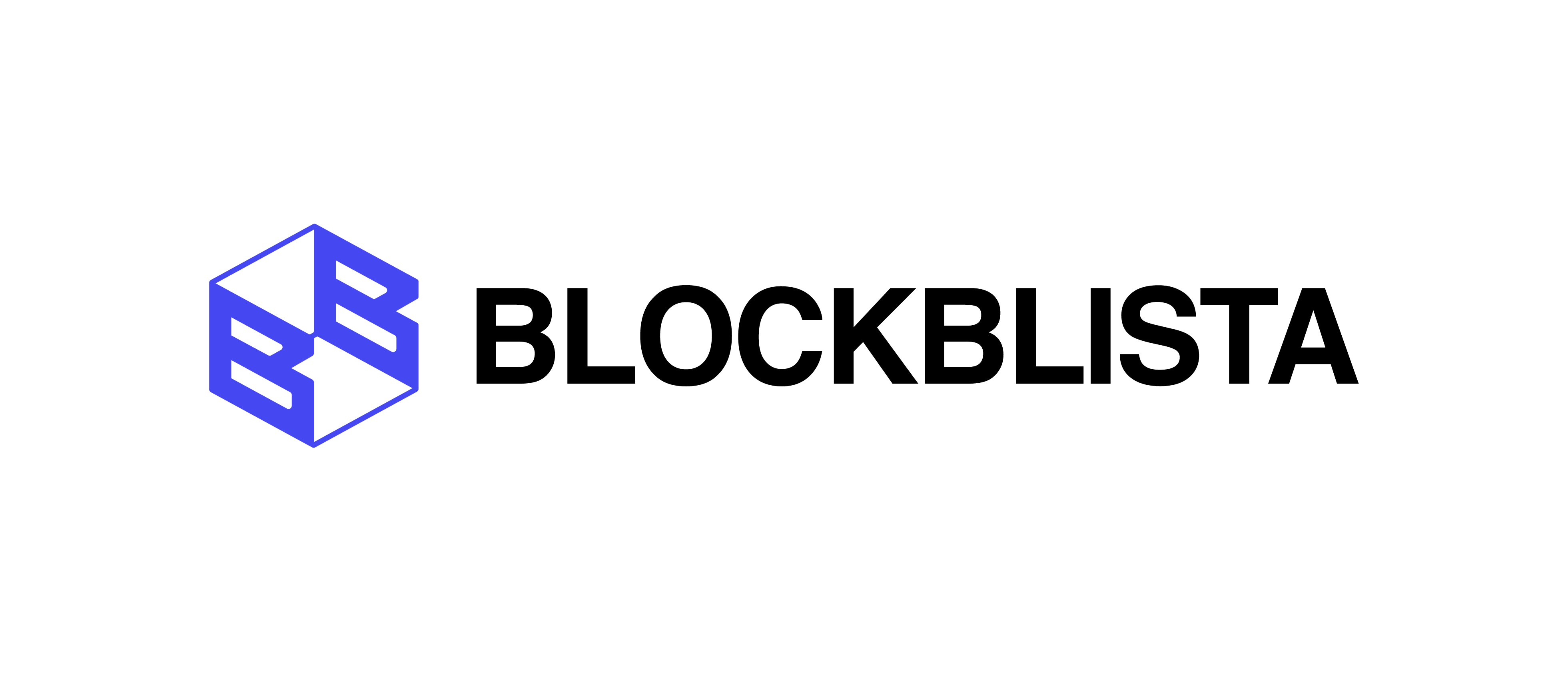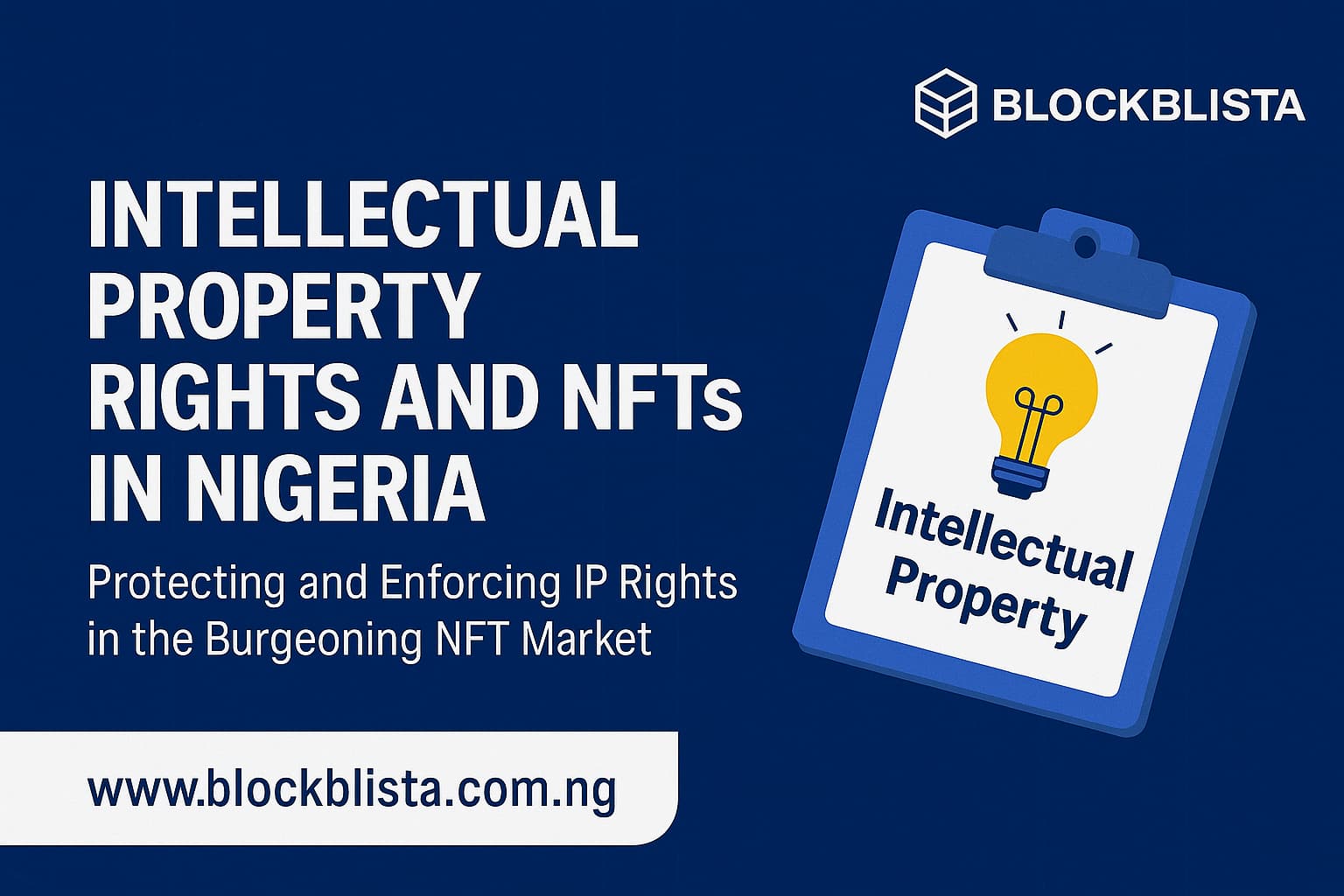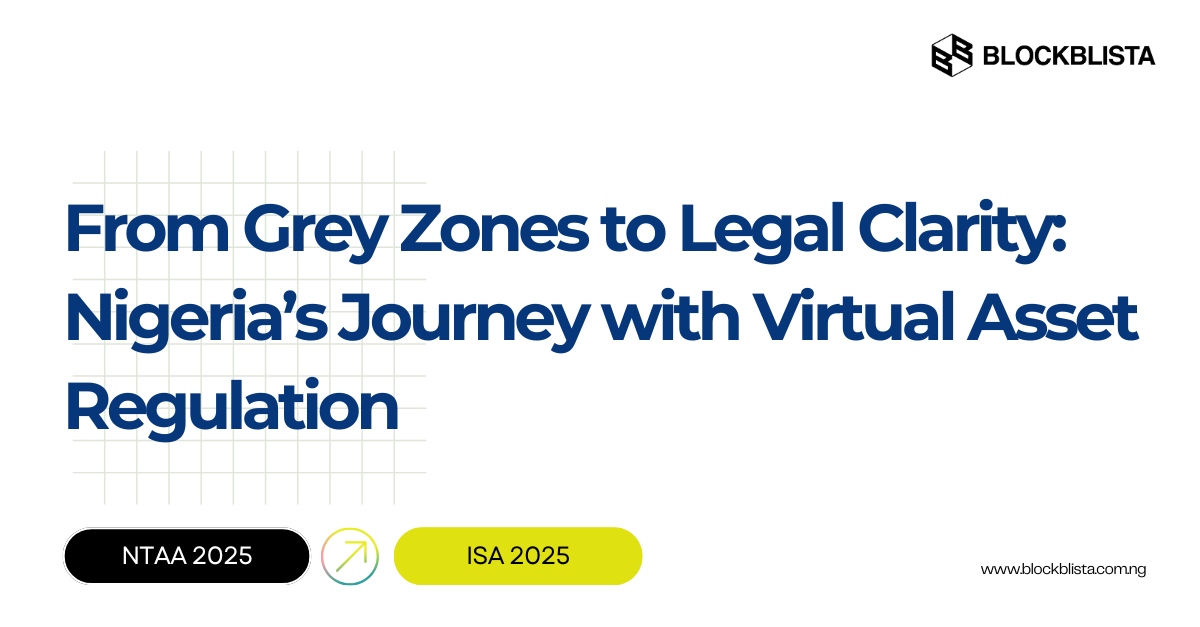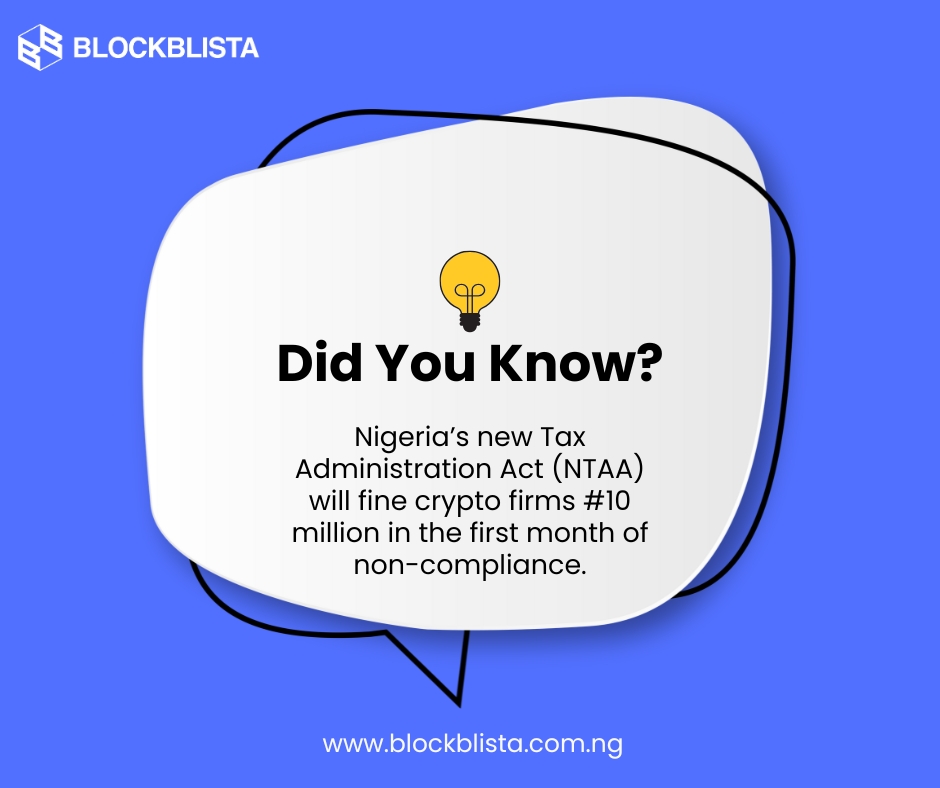The growing popularity of Non-Fungible Tokens (NFTs) in Nigeria is reshaping how digital content is created, distributed, and monetized. From visual art and music to fashion and collectibles, creators are turning to NFTs to authenticate ownership and tap into global markets. Yet, this rapid evolution has outpaced traditional legal frameworks, raising urgent questions about how intellectual property (IP) rights are protected and enforced in this digital frontier. Without legal clarity, creators and platforms face risks of infringement, misappropriation, and disputes over digital ownership.
Why It Matters
NFTs represent a powerful tool for creators to assert control over their works, but they also open the door to new forms of IP violation. In Nigeria’s evolving Web3 landscape, the lack of robust enforcement mechanisms and clear licensing practices threatens to undermine trust in the NFT ecosystem. As tokenized assets gain traction, ensuring legal protection for creators is key to sustainable growth and innovation.
What Counts as IP in the NFT Space?
While NFTs are unique digital tokens, the value they carry typically stems from underlying IP, which may include:
1. Copyrighted digital artwork, music, and video
2. Trademarks, logos, or brand identities
3. Digitized fashion designs or 3D assets
4. Literary works, performances, or cultural expressions
Critically, owning an NFT does not automatically transfer IP rights unless explicitly stated. This distinction is central to legal protections and the scope of use granted to buyers.
Key Challenges in the Nigerian Context
- No Standardized IP Licensing for NFTs: Many NFT issuers neglect to define what rights are sold, leading to confusion and potential legal conflicts.
- Unauthorized Minting of Protected Works: Bad actors often tokenize content without the knowledge or consent of the original creators.
- Jurisdictional Complexity: IP enforcement is complicated when infringing parties operate from different countries or platforms.
- Limited Legal Awareness: Many NFT creators are unaware of their IP rights or how to enforce them within the current legal framework.
Regulatory Outlook
Nigeria’s current IP regime, including the Copyright Act and Trademarks Act, can be applied to NFT-related disputes, but there is no specific guidance tailored to tokenized assets. As the NFT market grows, stakeholders anticipate that regulatory bodies like the Nigerian Copyright Commission (NCC) may issue updated frameworks or adopt global best practices to fill the gap.
What You Should Do
- Secure rights to all content before minting
- Include clear licensing terms in your smart contracts or NFT descriptions
- Register your works with relevant IP authorities in Nigeria
- Monitor platforms for infringing NFTs and take enforcement action when necessary
- Educate your team or community on IP ownership and best practices
*******************************
How Blockblista Helps You Secure IP in a Tokenized Economy
- Legal reviews of NFT projects for IP compliance
- Drafting of enforceable licensing agreements
- Assistance with copyright and trademark registration
- Enforcement support against infringement or unauthorized minting
The future of NFTs depends on a strong foundation of rights and protections. Let Blockblista help you build it.
Need Legal Protection for Your project?
Talk to us at Blockblista and protect your creativity from token to courtroom.



